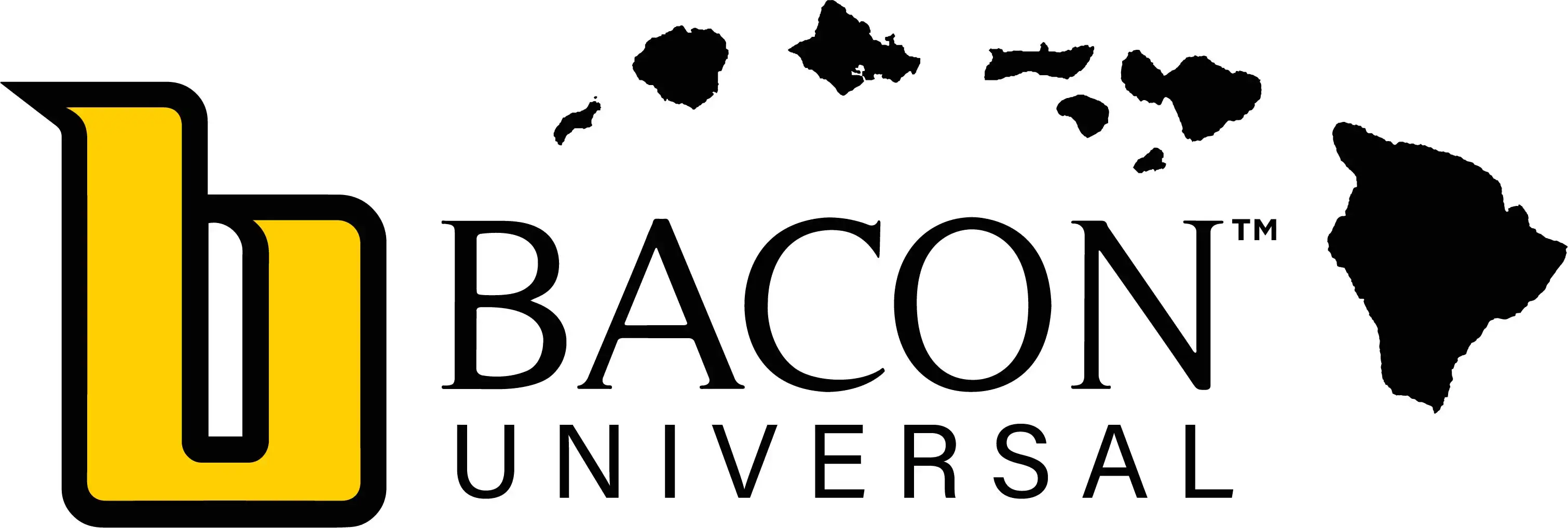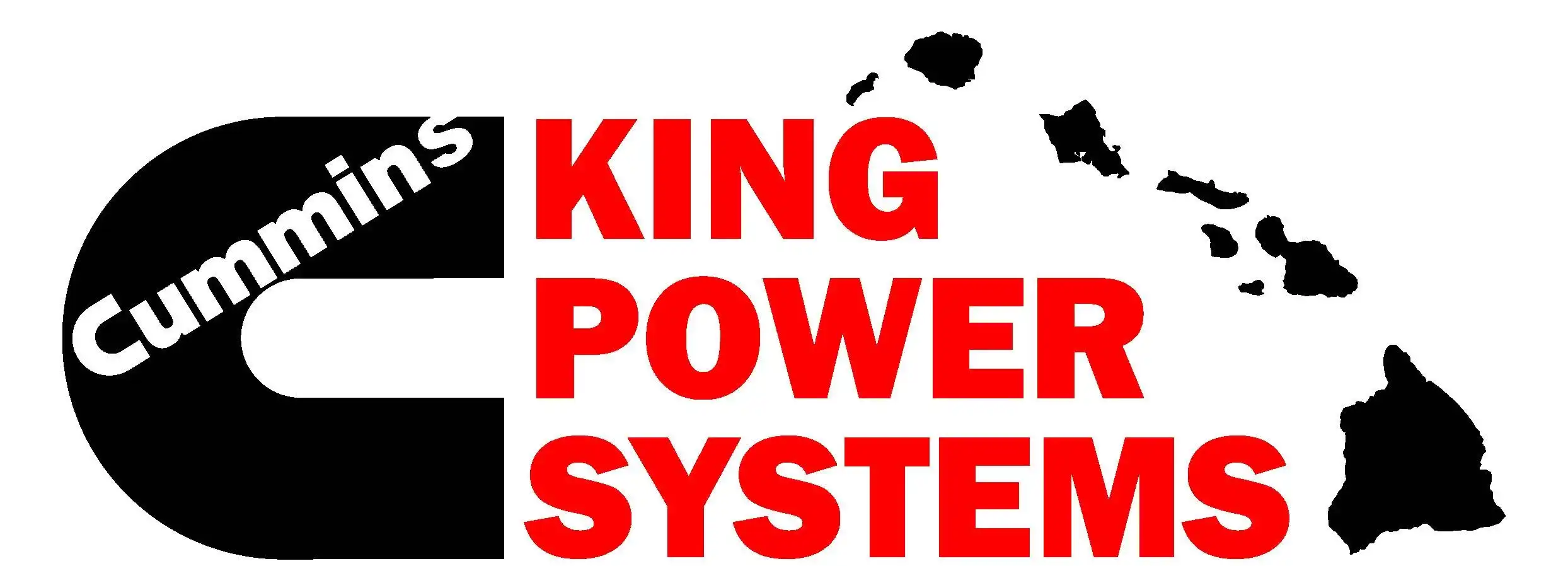Mayor Victorino Urges Emergency Preparedness Ahead of Erick and Flossie
While Hurricane Erick is forecast to pass south of the Hawaiian Islands and Tropical Storm Flossie approaches from the Eastern North Pacific, Mayor Michael Victorino is urging residents to be vigilant, stay informed and prepare.
As of Tuesday morning, Erick was expected to pass south of the Big Island early Friday morning. Flossie could begin affecting the islands early next week.
“We are closely monitoring these storms, and Maui County will be prepared to keep our residents and visitors safe,” Mayor Victorino said. “Now is the time to prepare an emergency kit and to create a plan with your family, such as where to meet if there’s an emergency.”
Hawaiʻi Emergency Management Agency Reminds Residents to Prepare for Hurricane Season
*Info courtesy Hawaiʻi Emergency Management Agency
With the National Weather Service closely monitoring what appears to be a weakening Hurricane Erick but a strengthening Tropical Storm Flossie, now is the time for preparation to avoid long lines at gas stations, grocery stores, and ATMs across Hawaiʻi.
“Hurricane season brings the very real threat of high winds, rain, storm surge and potential flooding to the Hawaiian Islands. There could be significant impacts even if a hurricane doesn’t hit us directly. I urge Hawaiʻi’s residents and businesses to prepare now. Make an emergency plan, talk about it with your families and employees, and gather supplies to ensure that our communities are resilient,” said Governor David Ige.
The Hawaiʻi Emergency Management Agency would like to take this opportunity to remind residents to prepare an “emergency kit” of a minimum of 14 days of food, water, and other supplies.
“We advocate for a 14-day recommendation because of Hawaiʻi’s location in the Pacific during a disaster,” said Thomas Travis, Administrator of HI-EMA. “Everyone who plans ahead and prepares an emergency kit helps not only themselves, but they also help their entire community deal with a disaster.”
For homeowners, now is also the time to think about insuring one’s property.
“Know what to do pre- and post-event to protect yourself and your family, and minimize significant financial impacts,” advises Insurance Commissioner Colin Hayashida. “With the potential of a more active hurricane season, residents can be more prepared ahead of time by reading their insurance policies and taking an inventory of their home and valuables.”
Hurricane season runs from June 1 to November 30. Last year’s season brought on the storm named Lane, which, had it maintained its course towards the islands, would have resulted in devastating potential damage to residents and their property. It most likely would also have resulted in catastrophic destruction to our economy due to the isolated location of Hawaiʻi. With the shutdown of ports, goods and services would have been weeks or even months away.
HI-EMA suggests keeping your family’s supplies fresh for the entire season by rotating, consuming, and replenishing them over time.
HI-EMA also recommends that residents and visitors take the following actions in preparation for a possible hurricane or tropical cyclone.
- Talk with family members and develop a clear understanding of what you will do if a hurricane or tropical storm threatens. Prepare an action plan that includes details such as whether your family intends to shelter in place or evacuate.
- Know if your home is in an inundation zone, flood zone, or susceptible to high winds and other hazards. Know if your home is retrofitted with hurricane resistant clips or straps.
- Stay tuned to local media and their websites and/or apps regarding weather updates.
- Sign up for local notification systems.
- Sign up for a community emergency response team.
- Get to know your neighbors and community so you can help each other.
- Walk your property and check for potential flood threats. Clear your gutters and other drainage systems. Remove and secure loose items. Keep your car’s gas tank filled.
- Prepare your pets by checking or purchasing a carrier and other preparedness items. A pet carrier is necessary for your pet’s safety if you plan to evacuate to a pet-friendly shelter. Don’t forget 14 days of food and water for your furry family members.
- Set aside an emergency supply of any needed medication and keep a copy of your prescriptions in case you run out of medication after a disaster.
- Secure your important documents in protective containers including copies of your insurance policies, a home inventory of valuables, and your agent’s or insurer’s contact information.
- Visitors should download the GoHawaii App and read the Hawaiʻi Tourism Authority’s Travel Safety Brochure at http://www.travelsmarthawaii.com.
- Build an emergency kit – now.










